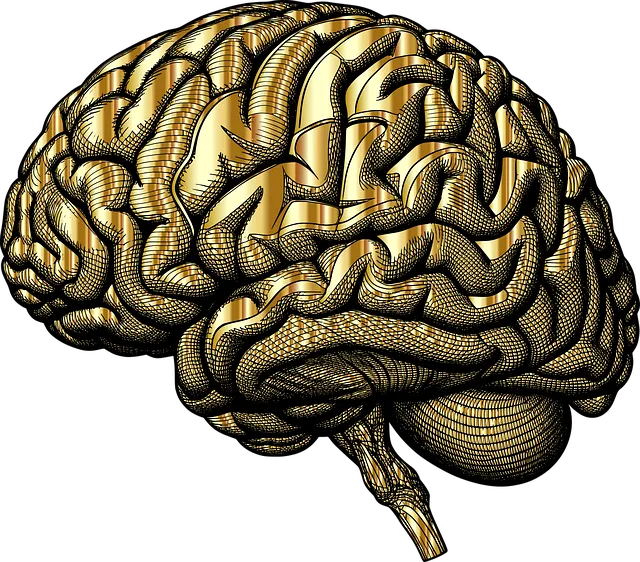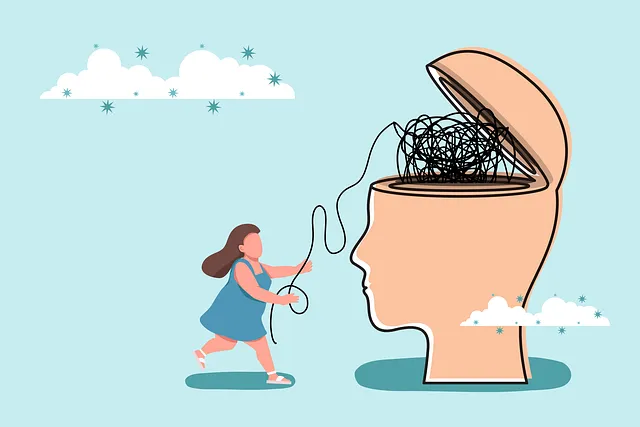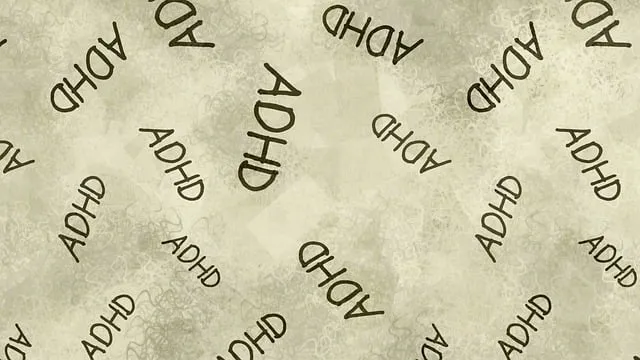Cultural competency training at Centennial Kaiser Permanente enhances mental health care by empowering providers to understand diverse cultural backgrounds, values, and communication styles. Their Mind Over Matter programs, focused on self-care and tailored depression prevention, improve patient outcomes and provider satisfaction. The provided mental health phone number connects individuals with these services, fostering a culturally sensitive environment that promotes emotional well-being and coping strategies.
Cultural competency in healthcare is essential, especially with diverse patient populations. This article explores how training programs, like those offered by organizations like Centennial Kaiser Permanente, can enhance patient care. We delve into the significance of cultural awareness, particularly for mental health support lines, where understanding and sensitivity to various cultural contexts are vital. By examining best practices, we aim to highlight improved patient outcomes and the positive impact on healthcare delivery, emphasizing the importance of such training initiatives, including those accessible through the Centennial Kaiser Permanente mental health phone number.
- Understanding Cultural Competency in Healthcare
- The Impact of Training on Patient Care
- Best Practices for Mental Health Support Lines
Understanding Cultural Competency in Healthcare

Cultural competency is a vital aspect of modern healthcare, especially with diverse patient populations across the nation, including those seeking services at Centennial Kaiser Permanente for mental health support. It involves understanding and respecting different cultural beliefs, values, and behaviors to deliver effective care. This concept goes beyond language translation, delving into a deeper awareness of how culture shapes health perceptions and practices. For instance, what may be considered normal behavior in one culture could differ significantly from another, impacting how patients express pain or seek treatment.
At Centennial Kaiser Permanente, recognizing the importance of cultural competency, they offer various Mental Health Education Programs designed to equip healthcare providers with the skills to navigate these complexities. These programs emphasize the interconnectedness of mental health and self-care practices, including strategies for depression prevention tailored to diverse communities. By fostering a culturally sensitive environment, healthcare providers can ensure that every patient receives personalized care, enhancing overall well-being outcomes.
The Impact of Training on Patient Care

Cultural competency training is a game-changer in healthcare, transforming patient care and outcomes. By equipping providers with the skills to understand and respect diverse cultural backgrounds, beliefs, and communication styles, healthcare becomes more inclusive and effective. This shift is especially crucial in mental health services, where trust and understanding can significantly impact treatment adherence. For instance, Centennial Kaiser Permanente’s approach to training has shown promise, offering programs that embrace Mind Over Matter Principles to enhance provider-patient relationships.
The benefits extend beyond individual interactions; comprehensive training contributes to reduced burnout rates among healthcare professionals. By fostering an environment of cultural sensitivity and awareness, providers feel more equipped to handle a diverse range of patients, leading to improved job satisfaction. Additionally, encouraging mental wellness through journaling exercises guided by reputable resources can help professionals maintain their own mental health, ensuring they are better able to support their patients’ journeys towards healing and recovery.
Best Practices for Mental Health Support Lines

For healthcare providers, especially those at Centennial Kaiser Permanente, integrating best practices for mental health support lines is paramount. One key practice involves training staff in social skills to facilitate effective communication with diverse patient populations. This includes learning active listening techniques and cultural sensitivity, which are crucial for building rapport and trust. By promoting open dialogue, providers can better understand patients’ unique perspectives and needs, ensuring tailored care that respects individual backgrounds.
Additionally, incorporating programs focused on self-esteem improvement and emotional well-being promotion techniques can significantly enhance the support line’s impact. Such initiatives empower patients with coping strategies and resilience, fostering a sense of agency. This holistic approach not only addresses immediate mental health concerns but also equips individuals with lifelong tools to navigate life’s challenges. For instance, the Centennial Kaiser Permanente mental health phone number could serve as a gateway to such transformative resources, making it a valuable community asset.
Cultural competency training is a vital step towards enhancing patient care, especially within mental health support lines like the Centennial Kaiser Permanente phone service. By understanding and addressing cultural differences, healthcare providers can create a more inclusive environment, leading to improved outcomes for diverse patient populations. The best practices highlighted in this article offer a roadmap for organizations to navigate this essential aspect of modern healthcare, ensuring every patient receives respect, empathy, and quality care tailored to their unique background.






